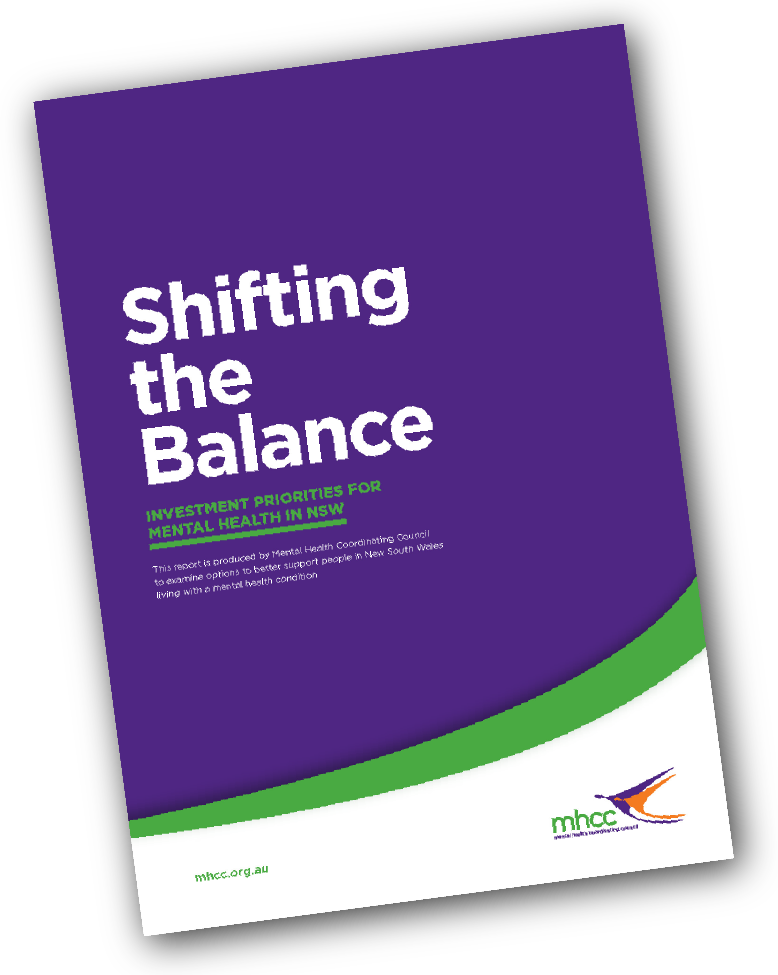Mental Health Rights Manual
An online guide to help explain your legal and human rights in the mental health and human services systems in New South Wales.
Read moreRecovery Oriented Language Guide
Words are important. The language we use and the stories we tell have great significance to all involved.
See the guide





